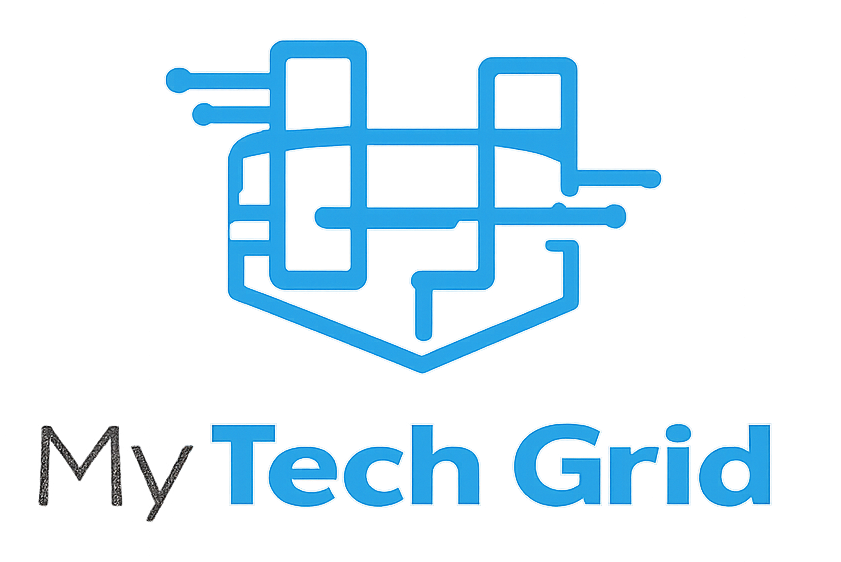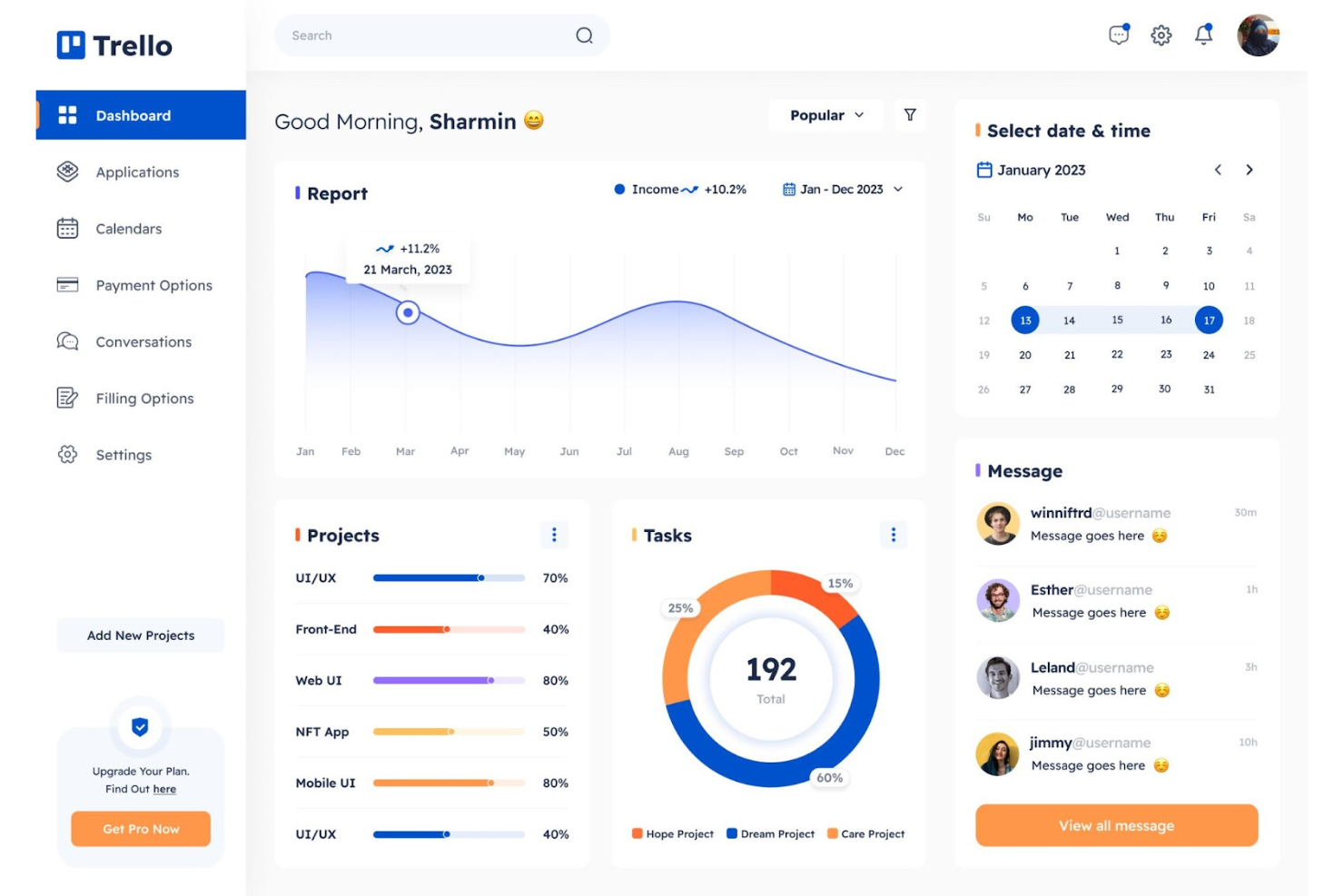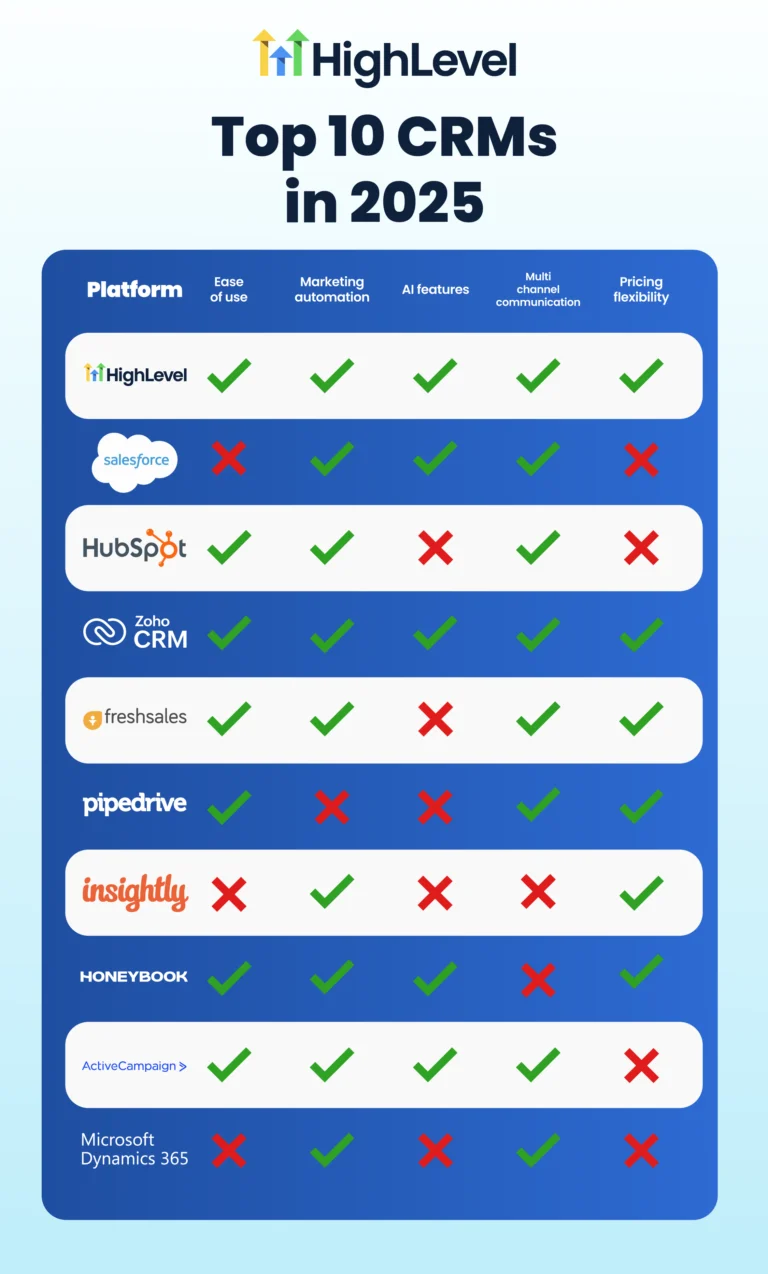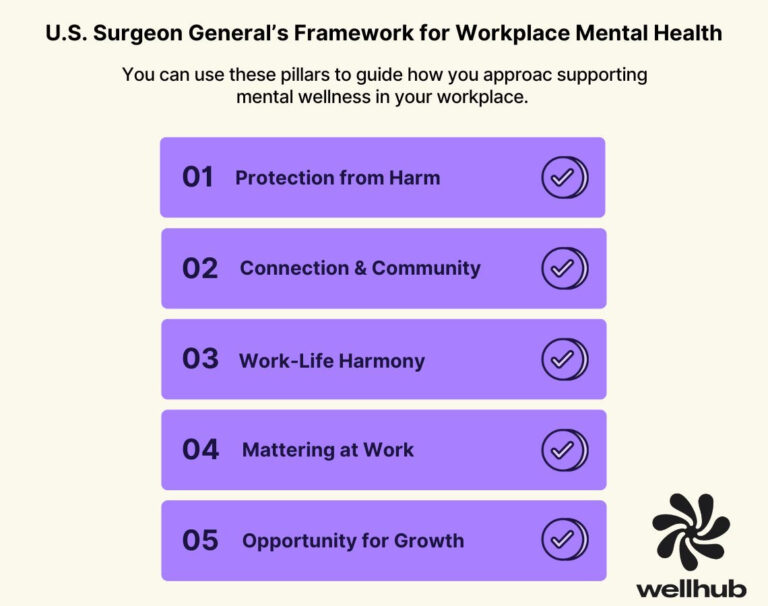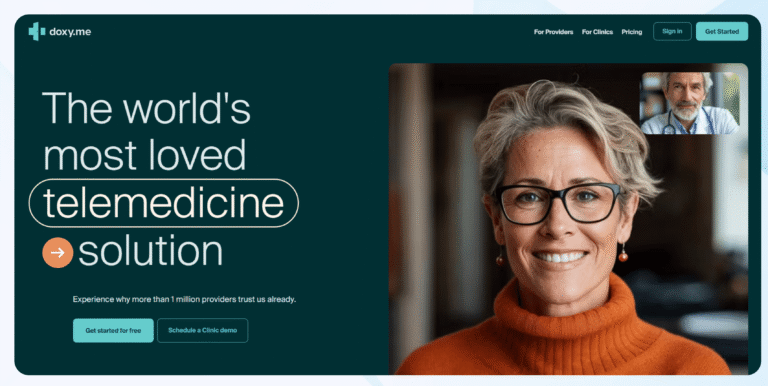Are you juggling research tasks across different countries and time zones? Managing an international research project can feel overwhelming when your team isn’t in the same room.
But what if you had the right tools to bring everyone together instantly, no matter where they are? Remote collaboration tools are designed to help you share ideas, organize data, and communicate clearly—making your research smoother and more productive. You’ll discover the best tools that can turn your scattered team into a connected force, helping you focus on what really matters: advancing your research.
Ready to boost your project’s success? Let’s dive in.

Credit: www.techradar.com
Key Features Of Remote Tools
Remote collaboration tools power international research projects by connecting teams across borders. They offer features that simplify communication, sharing, and coordination. Understanding these key features helps researchers choose the right tools for smooth collaboration.
Real-time Communication
Effective remote tools provide instant messaging and video calls. Teams can discuss ideas and solve problems quickly. Real-time communication keeps everyone updated and engaged. It reduces delays and misunderstandings in research discussions.
Document Sharing And Storage
Sharing files securely is vital for research projects. Remote tools allow easy upload, download, and version control of documents. Cloud storage ensures access to files anytime from any location. It helps keep data safe and organized for all team members.
Task And Project Management
Tracking tasks and deadlines is simple with project management features. Tools offer boards, lists, and calendars to assign and monitor work. Researchers can see progress and stay on schedule. Clear task management improves teamwork and project success.
Integration Capabilities
Remote tools often connect with other apps used by researchers. Integrations with email, calendars, and data platforms streamline workflows. They reduce the need to switch between multiple programs. This creates a smoother and more efficient research process.
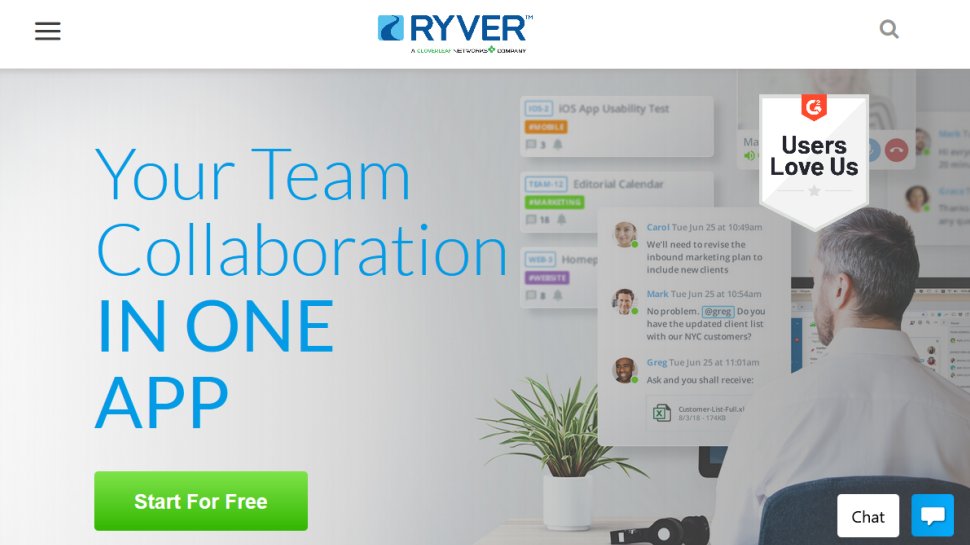
Credit: www.techradar.com
Top Tools For Communication
Effective communication is vital for international research projects. Clear and instant messaging keeps teams connected despite time zones. Choosing the right communication tool helps researchers share ideas quickly and stay organized. Below are some popular tools that support collaboration and streamline project discussions.
Slack
Slack offers real-time messaging for groups and individuals. Users create channels for different topics or teams. It supports file sharing and integrates with many other apps. Notifications keep everyone updated without overwhelming inboxes. Slack’s search feature helps find past messages fast. It works well for ongoing discussions and quick questions.
Microsoft Teams
Microsoft Teams combines chat, video calls, and file storage in one place. It integrates smoothly with Microsoft Office tools like Word and Excel. Teams allows scheduled meetings and instant calls with just a click. Users can collaborate on documents directly within the app. It suits research groups that rely on Microsoft products for their work.
Zoom And Skype
Zoom and Skype are popular for video conferencing across distances. They support group video calls with screen sharing and recording options. Both tools allow easy scheduling and joining of meetings. Researchers can discuss complex topics face-to-face virtually. These platforms help build stronger team connections despite location barriers.
Leading Document Collaboration Platforms
Leading document collaboration platforms help international research teams work together smoothly. They allow multiple users to create, edit, and share documents in real time. These platforms keep all changes saved and visible to everyone. They reduce the need for long email threads and version confusion. Research teams can focus on content and ideas, not on file management. Here are some of the most popular and reliable document collaboration tools for research projects.
Google Docs
Google Docs lets teams create and edit documents online. It shows edits from multiple users live. Comments and suggestions can be added for clear feedback. Files are stored in the cloud, accessible anytime from any device. The platform supports offline editing, syncing changes later. It also integrates well with other Google services like Drive and Sheets. Many researchers trust Google Docs for its simplicity and reliability.
Etherpad
Etherpad is an open-source tool designed for real-time document collaboration. It displays each user’s edits in different colors. Teams can chat while editing, improving communication. No sign-up is required to start using Etherpad. The platform is lightweight and runs on most browsers. It offers a simple interface without distractions. Researchers who prefer open-source tools often choose Etherpad for its transparency and control.
Zoho Writer
Zoho Writer is a cloud-based word processor with strong collaboration features. It supports real-time editing and commenting. Users can track changes and revert to previous versions easily. Zoho Writer works well on both desktop and mobile devices. It also integrates with other Zoho productivity apps. The platform focuses on clean design and ease of use. Research teams find Zoho Writer useful for managing complex documents together.
Project And Task Management Solutions
Managing tasks and projects in international research requires clear organization and easy communication. Project and task management solutions help teams stay on track. They provide a space to assign duties, set deadlines, and monitor progress. Such tools reduce confusion and save time for researchers across different locations.
Using the right platform makes teamwork smoother. These tools often include features like task lists, calendars, and file sharing. They keep everyone updated and focused on project goals. Below are some popular solutions for research teams working remotely.
Asana
Asana offers a simple way to manage projects and tasks. Users can create tasks, assign them, and set due dates. It supports multiple views, such as lists, boards, and timelines. This flexibility helps teams visualize their work clearly. Asana also allows attaching files and commenting on tasks. It integrates with many other apps, making it easier to centralize work. This tool suits teams needing a structured yet easy-to-use system.
Trello
Trello uses boards and cards to organize tasks visually. Each card represents a task and can hold checklists, attachments, and comments. Teams can move cards across lists to show progress. This visual approach is helpful for tracking research stages. Trello is straightforward to use and good for smaller teams. It supports collaboration by enabling members to see updates instantly. Trello also connects with other tools for enhanced functionality.
Monday.com
monday.com provides a customizable workspace for managing research projects. Users can create workflows to suit their needs. It offers various templates for different types of tasks and projects. The platform includes tracking, reporting, and communication features. Teams can see all project details in one place. monday.com supports integration with many apps for smooth data flow. It works well for larger or complex research projects requiring detailed oversight.
Specialized Research Collaboration Tools
Specialized research collaboration tools help international teams work smoothly. These tools focus on key research tasks like managing citations, annotating PDFs, and organizing documents. They keep projects on track and improve team communication. Using the right tools saves time and reduces errors across borders.
Zotero For Citation Management
Zotero helps researchers collect and organize references easily. It works with many browsers and word processors. Teams can share citation libraries in real time. This keeps all members updated with the latest sources. Zotero also creates citations and bibliographies automatically. This tool simplifies one of the hardest parts of research.
Paperpile For Pdf Annotation
Paperpile allows teams to manage PDFs and annotate them online. Researchers can highlight text and add notes directly on documents. These annotations sync instantly across users. Paperpile integrates with Google Docs for smooth writing collaboration. It helps teams keep track of important details inside articles and papers. This tool supports efficient reading and discussion.
Collabwriting For Organized Research
Collabwriting offers a space to write and organize research together. It supports multiple file formats and real-time editing. Teams can comment and discuss within the platform. This keeps communication clear and contextual. Collabwriting helps researchers arrange their work logically. It reduces confusion and speeds up the writing process.
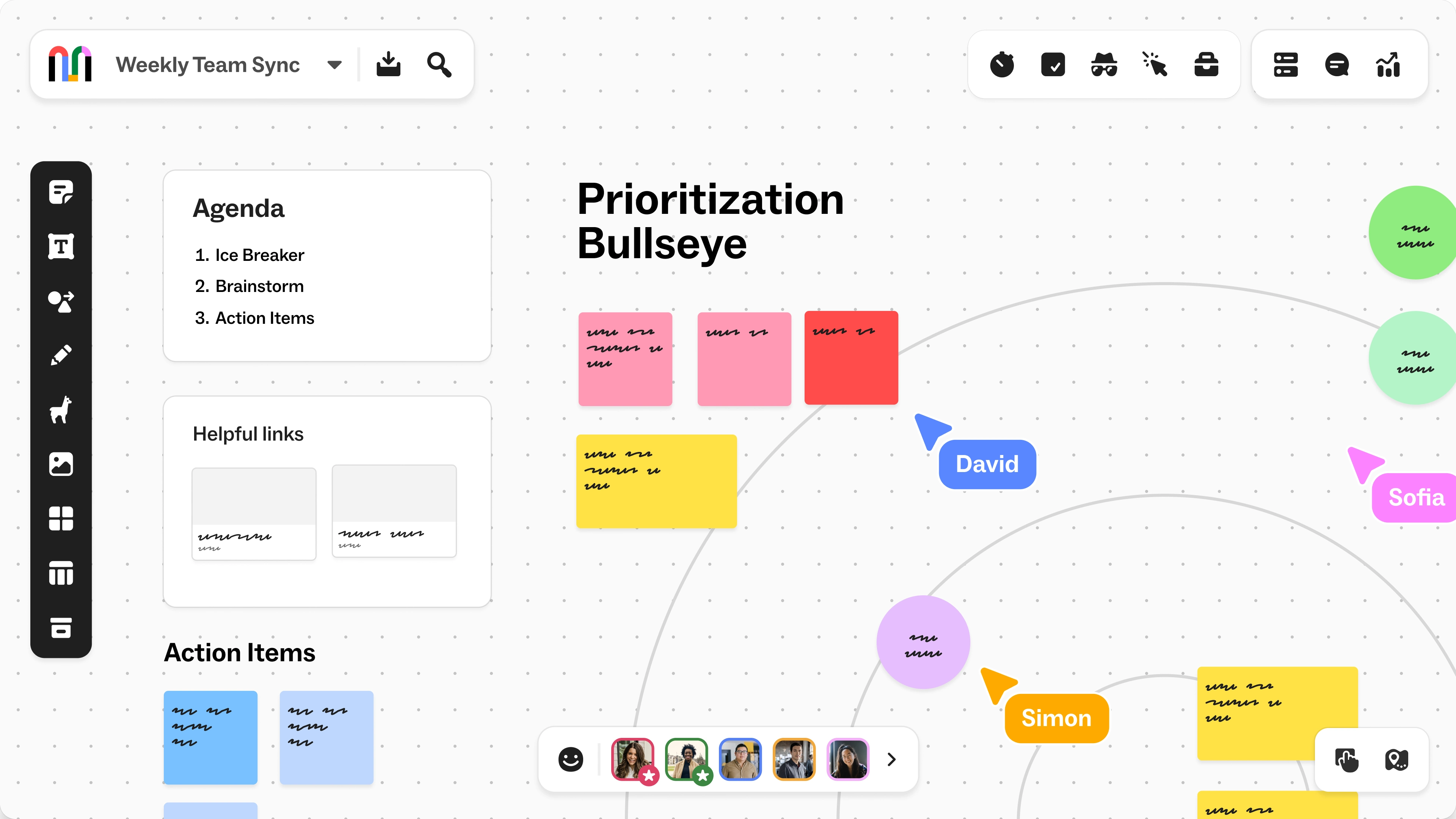
Credit: www.mural.co
Free Tools For International Teams
International research teams need tools that keep work smooth and organized. Free collaboration tools help teams share ideas, write papers, and manage projects without extra costs. These tools support real-time interaction and file sharing, making teamwork easier across borders. They are simple to use and fit different research needs.
Researchmate.net
Researchmate.net offers a platform for researchers to find partners and share projects. It supports project management and communication in one place. Teams can track progress and upload documents easily. This tool helps connect researchers worldwide for joint work. Its user-friendly interface suits both beginners and experts.
Fiduswriter
Fiduswriter is an online editor made for academic writing and collaboration. It allows multiple users to write and edit papers together in real time. The tool supports citations and references to keep research organized. It saves changes automatically, reducing the risk of losing work. Fiduswriter is ideal for teams writing scientific papers.
Figshare
Figshare lets researchers share and store data, figures, and papers openly. It supports open access and helps increase the visibility of research. Teams can upload files of various types and sizes securely. The platform provides a permanent link for each uploaded item. Figshare promotes transparency and easy sharing among global teams.
Integration With Development And Research Platforms
Integrating remote collaboration tools with development and research platforms enhances teamwork efficiency. It allows seamless sharing of code, data, and documentation. Teams can track progress and maintain clear communication across different time zones. Choosing tools that connect well with platforms reduces manual updates and errors.
Github And Bitbucket
GitHub and Bitbucket are popular for version control and code sharing. They let researchers collaborate on software and data scripts easily. Both platforms support pull requests and code reviews. Integration with collaboration tools helps track issues and merge changes smoothly. This keeps the project organized and up to date.
Jira And Confluence
Jira manages tasks and tracks project progress clearly. It helps research teams assign work and set deadlines. Confluence stores meeting notes, reports, and documentation. Together, they create a centralized hub for project information. Integration with chat and file-sharing tools ensures everyone stays informed. This reduces confusion and saves time.
Salesforce And Evernote
Salesforce organizes contacts and research data effectively. It supports managing partnerships and funding details. Evernote captures ideas, notes, and reference materials in one place. Syncing these with collaboration tools makes data accessible to all members. It simplifies knowledge sharing and keeps the team aligned.
Choosing The Right Tool
Choosing the right remote collaboration tool is vital for international research projects. The correct tool supports smooth communication and effective teamwork. It helps manage tasks and share information easily. Picking a tool depends on several key factors. These include team size, how you work together, and budget limits.
Team Size And Project Scope
Small teams may prefer simple tools with basic features. Large teams need tools that handle many users and complex tasks. The scope of the project also matters. Short projects might use lightweight tools. Long-term projects require robust platforms with advanced options. Choose a tool that fits the number of people and project demands.
Collaboration Style
Every team has a unique way of working. Some rely on real-time chats and video calls. Others focus on document sharing and asynchronous communication. Some teams need task management features. Others need strong file storage and version control. Understand your team’s style to find a tool that matches how you work best.
Budget Considerations
Budget plays a key role in tool selection. Free tools can offer essential features for small teams. Paid tools often provide advanced options and better support. Consider the cost per user and total expenses. Balance features with your budget to avoid overspending. Look for tools that offer good value without sacrificing quality.
Frequently Asked Questions
Which Tool Is Best For Collaborative Research?
Collabwriting suits business teams needing organized, contextual research collaboration. Zotero excels for solo academics. Paperpile fits science teams using Google Docs with PDF annotation. Choose based on your team’s workflow and research format preferences for best results.
Which Tool Is Commonly Used For Online Collaboration?
Slack, Microsoft Teams, Google Drive, Zoom, Trello, and Asana are commonly used tools for online collaboration.
What 5 Tools An Administrative Professional Could Use To Collaborate?
Administrative professionals can use Slack for messaging, Google Drive for file sharing, Zoom for video calls, Trello for task management, and Microsoft Teams for integrated collaboration.
What Is The Most Popular Workplace Collaboration Tool?
The most popular workplace collaboration tool is Microsoft Teams. It offers chat, video calls, file sharing, and integrates with Office 365.
Conclusion
Choosing the right remote collaboration tools improves teamwork across borders. Clear communication and easy file sharing save time and reduce errors. Tools like video calls, shared documents, and task managers keep projects on track. Teams work better when everyone stays connected and organized.
Using these tools helps researchers focus on their work, not on technical issues. Success in international research depends on effective collaboration and good planning. Simple, reliable tools make complex projects easier to manage. Keep exploring options to find what fits your team best.
